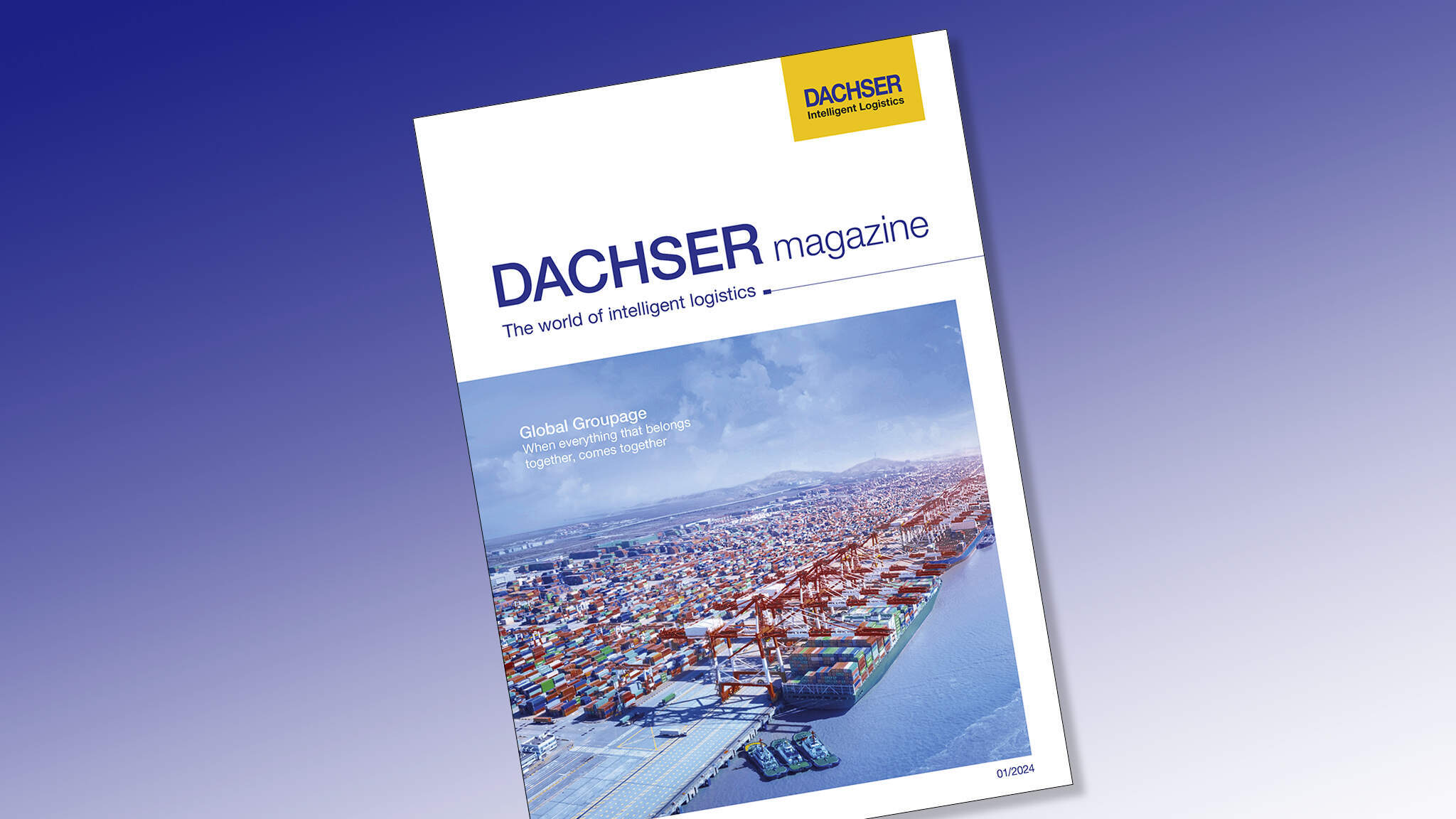The new DACHSER magazine is here!

Building up a complete picture of market potential and customer requirements, listening carefully, and acting accordingly—this approach is also reflected in the article on DACHSER Food Logistics. Starting on page 16, you can find out how the Food Logistics business line is making itself fit for the future by expanding its international network and investing in technology and climate action.
The global pandemic has taught us many things—but above all, perhaps, that the best way to help customers in difficult times is to really listen to their concerns and then offer the right solution. Our collaboration with Le Creuset, the renowned manufacturer of cookware, provided more evidence of this truth. During lockdown, many people around the world turned to cooking—and demand exploded for the French company’s high-quality products. Turn to page 26 to read about how our colleagues were on hand, how they listened carefully, and what exactly they did.
Your personal copy and our archives
You can also browse through previous issues of the DACHSER magazine.
